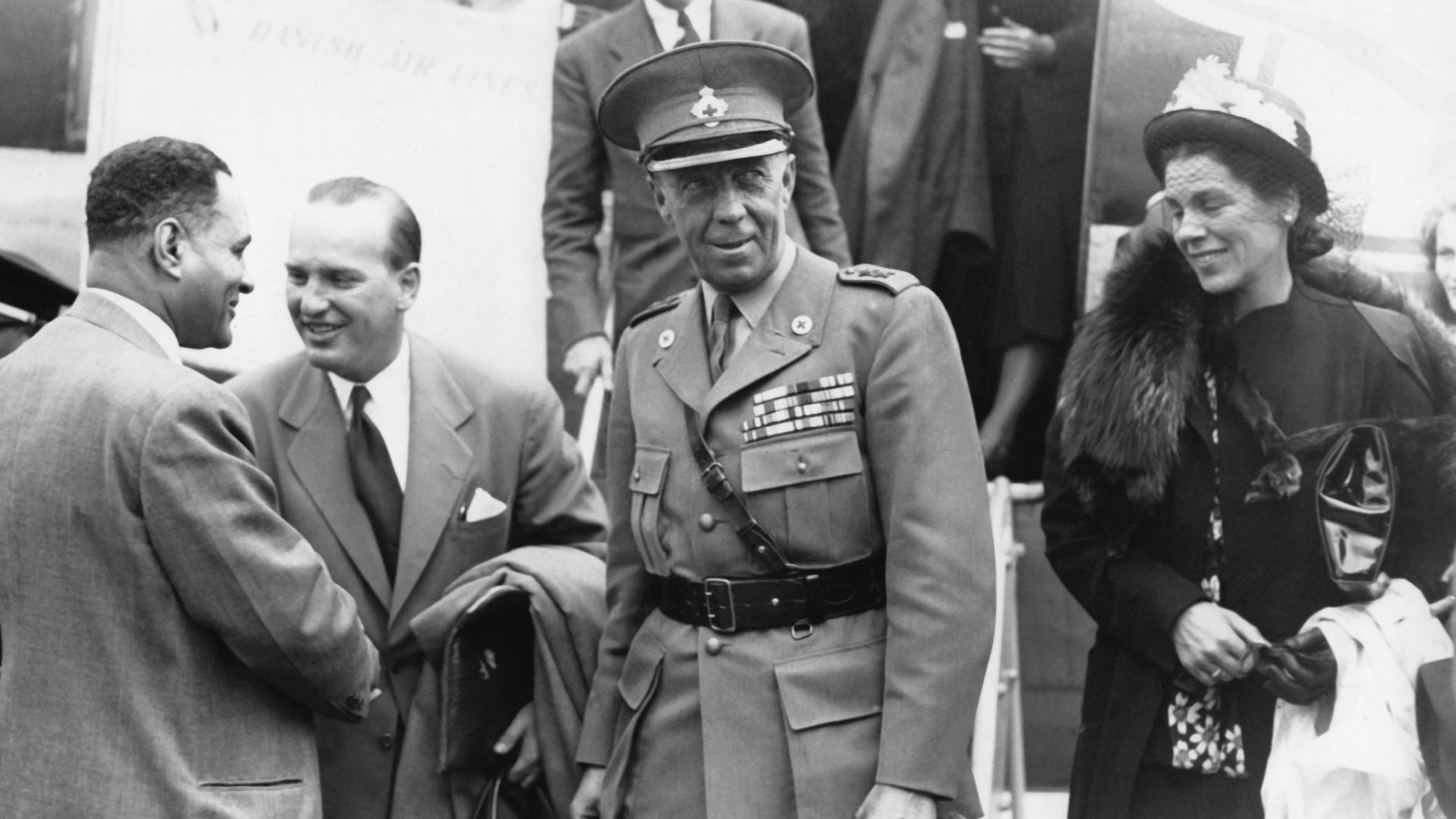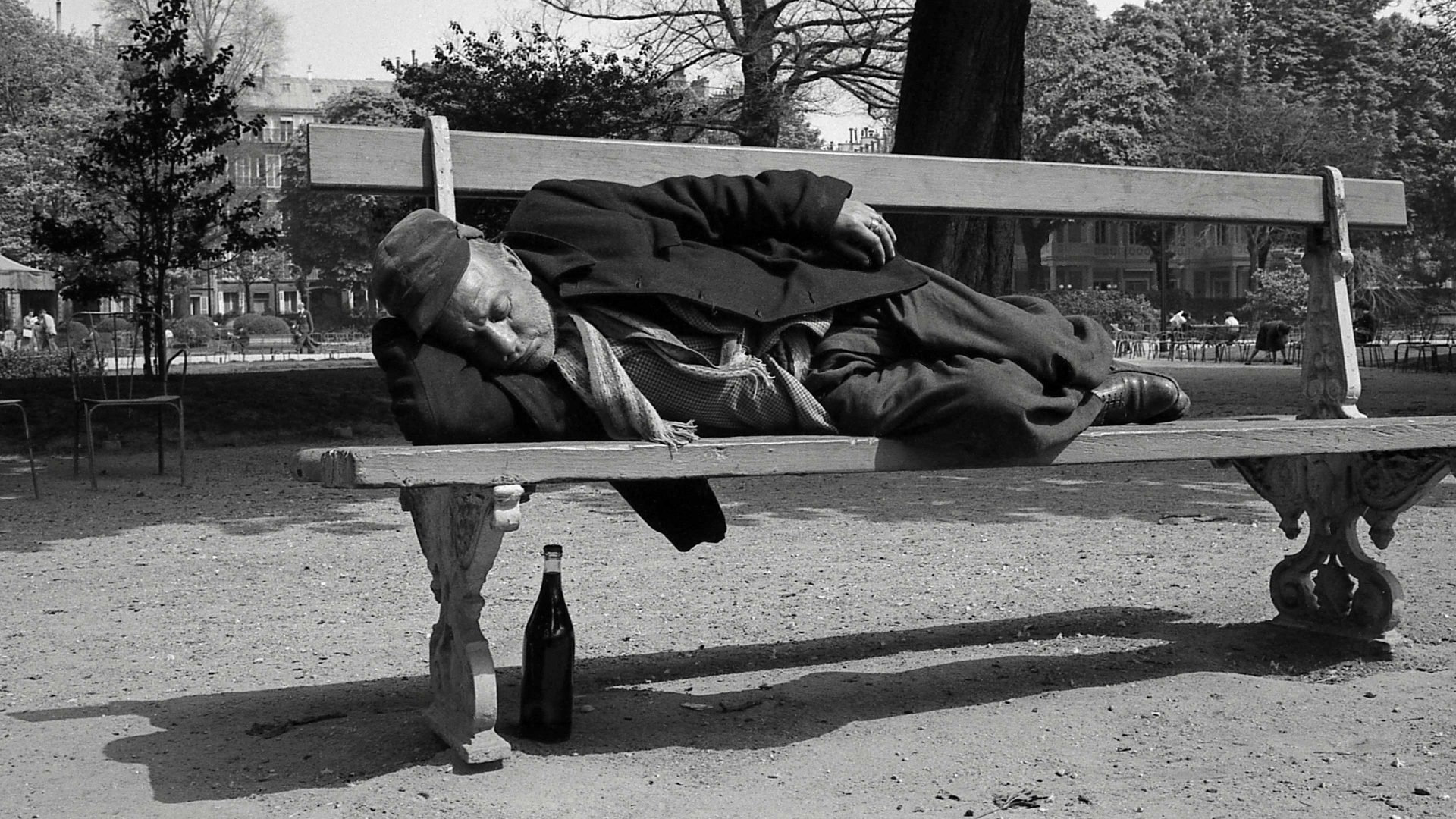On the morning of October 25, 1943, a chorus of Roll Out the Barrel echoed around the Leith dockside. It came from two ships moored there, the Empress of Russia and the Drottningholm, both just arrived from Gothenburg.
Hanging from the landing stage was a banner reading “Welcome Home”, while a huge shed nearby had been converted into a mess hall stocked with thousands of bottles of beer and packets of cigarettes for the thousands of singing men, most of them wounded, whose years spent in prisoner-of-war camps were finally over.
As the soldiers prepared to disembark, there were similar scenes at Liverpool where two more ships carrying freed PoWs had docked, meaning that more than 5,000 men were about to set foot on home soil for the first time in years.
It was a rare moment of unbridled joy in a brutal war, the first significant prisoner swap since the beginning of the conflict. This had been a delicate, fraught Red Cross operation pulled off thanks to the diplomacy of Swedish nobleman Count Folke Bernadotte.
A virtual unknown at the time, Bernadotte’s achievements had been hitherto limited to a couple of pre-war trade fairs in the US and his work with the Swedish Boy Scouts Association. It was only six months earlier that Bernadotte had been made a vice-president of the Swedish Red Cross, due to his elderly uncle Prince Carl, the organisation’s president, being too frail to take on much responsibility himself.
Many, if not most, of those involved considered the prisoner swap impossible to pull off. It was an sensitive operation with the potential for derailment by the slightest complication, a task that required a sensitive diplomat in charge. In Folke Bernadotte, almost by accident, that is precisely what the Red Cross had.
Bernadotte displayed a remarkable talent for even-handedness and an ability to keep in mind the bigger picture. Above all, he retained a belief in the fundamental goodness of people. “Behind the hate that war calls forth there is in the heart of each of us a kernel of humanity, which carries with it a feeling of comradeship deep in our veins,” he said.
While aboard a German vessel packed with British prisoners awaiting exchange, he saw that captors and captives had combined to form a makeshift on-board orchestra and he realised the plan could really work, something confirmed for him when he was informed that a German military surgeon had just performed a successful appendectomy on a British prisoner.
“The Red Cross has only one duty,” he wrote afterwards, “namely to try and stretch out a helping hand to anyone suffering or in need regardless of their nationality, religion, race or politics.”
As the men filed down the gangway onto the harbourside at Leith, Bernadotte realised he had finally, in his late 40s, found his true calling.
Born into the Swedish nobility as the nephew of King Gustav V, his father having renounced his claim to the throne by marrying a “commoner”, Bernadotte became a cavalry officer in the Swedish army in 1915, rising to the rank of major after the first world war. He represented his country at the Chicago century of progress exposition in 1933 and the New York world’s fair six years later – his 1928 marriage to Estelle Manville, the daughter of an American asbestos magnate, meant he knew the US well – by which time he was also head of the Swedish boy scout organisation.
While there was little in his personal history to suggest a natural diplomat with the potential to foster genuine global change, after his success with the prisoner swap, Bernadotte set about his new calling with infectious enthusiasm. Further exchanges were arranged and he gained such a level of universal trust that when Heinrich Himmler sought an ultimately unworkable truce from Churchill and Truman, it was Bernadotte he approached.
During the last days of the conflict, Bernadotte secured the release of 31,000 people from German concentration camps, having them transported to safety in a fleet of white buses adorned with the Red Cross insignia.
This repeated success in the most unpromising of situations inspired the United Nations in 1948 to appoint Bernadotte as their chief mediator in Palestine. The deep-set conflicts exposed by British withdrawal from the region and the establishment of the state of Israel were bitterly entrenched and remain so to this day, but Bernadotte was convinced, perhaps naively, that he could find a way through to a settlement that would appease all parties.
He met with early success, immediately negotiating a truce between the Israeli and Arab forces who had been at war since Israel proclaimed its establishment on May 14, 1948. This truce was the first tangible achievement in the first-ever act of UN mediation by its first-ever mediator.
Once the guns had been silenced, Bernadotte could present his first ideas to resolve the conflict, aware of the enormity of the task facing him. “One must bear in mind the aspirations of the Jews, the political difficulties and differences of opinion of the Arab leaders, the strategic interests of Great Britain, the financial commitment of the United States and the Soviet Union, the outcome of the war, and finally the authority and prestige of the United Nations,” he said.
Perhaps predictably, Bernadotte’s initial proposals that the region be set up more as a federation than two divided, independent states, were met with criticism by all sides, particularly Israeli, prompting an immediate rethink. For some Jewish parties involved, the suggestion that Jerusalem be placed effectively under Jordanian authority was received as a particularly egregious one.
Bernadotte returned in September with new proposals, including making Jerusalem an international city under UN control, with Arabs and Jews guaranteed access to their holy sites under principles of religious freedom.
The day after Bernadotte had finished his new proposals, but before they had been fully disseminated, he was being driven through Jerusalem in a motorcade that was stopped by what appeared to be an Israeli military patrol. In fact, it was the Stern Gang, an extreme Zionist paramilitary outfit convinced that he was a stooge for the British and the Arabs.
One of the gang approached Bernadotte’s vehicle and opened fire, killing him and the French colonel André Serot seated next to him. Serot had swapped places with another official before the convoy had set off because he wanted to thank Bernadotte personally for his wife’s release from a German concentration camp.
The assassination made headlines around the world, the first global indication that the former Palestine would prove to be a wound almost impossible to heal. It also brought to an end the life of a man genuinely dedicated to making the world a better place for everyone.
“We do not live to be happy ourselves,” he said, “but to make others happy.”




